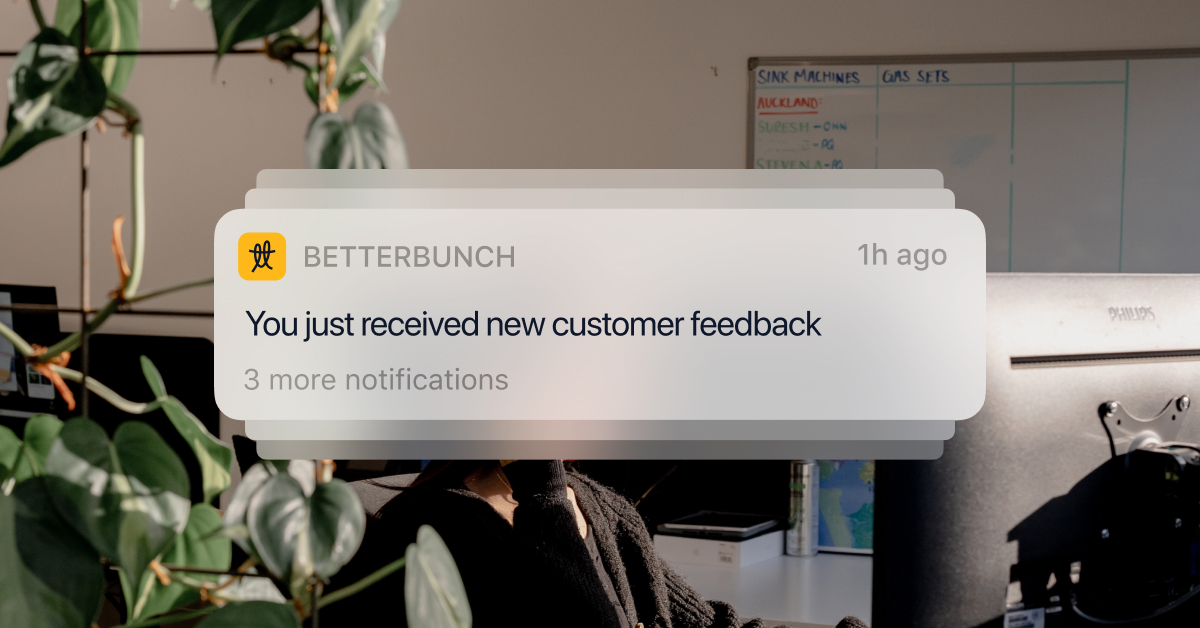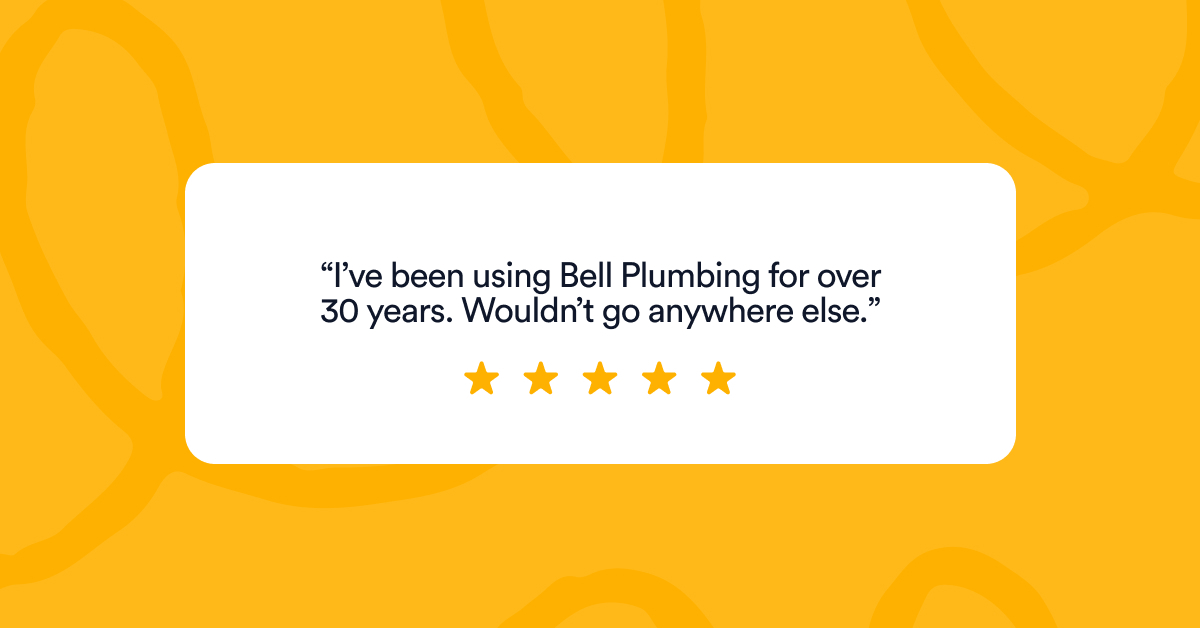In a workplace climate where job-hopping is commonplace and the bar for keeping employees satisfied and challenged is high, retaining your best staff can be a challenging feat.
When it comes to managing your business's reputation and performing highly, there's no doubt that staff retention is a key pillar of a successful business. For example:
- Your top staff know your business through and through and deliver results that keep the cogs turning. Without them, you'd lose both fundamental knowledge and delivery.
- Relationships between your clients or customers and your top staff are important in any business. Over time, trust is built, and when a key touch point is lost, the relationship has to be restarted with someone new.
- People are the culture of a business. If you lose a positive, well-liked staff member, there will be some noticeable culture-affecting fallout.
- The cost of losing top staff is often as expensive as their yearly salary due to the loss of revenue and time invested into hiring and training a new staff member.
- Of course, the reputation of your business is at stake. Not just because of how high staff turnover looks to your customers but how it looks to potential new employees - if a high number of people have left in one year, it'll no doubt raise a few eyebrows.
So, if you want to compete with headhunters and other businesses and keep a smile on your employees' faces, it's important to stay on top of things.
We've done some of the heavy lifting for you and shortlisted the best ways to retain your staff. Keep reading for our top five techniques - and it's not all about salary!
5 ways to retain your best staff
1. Show them the opportunities to grow
One of the top reasons that employees leave their jobs is a lack of career progression.
If your employees don't feel that they have room to progress and a future at your company, they'll look for those opportunities elsewhere.
Fortunately, there are a few ways that you can create opportunities and maintain retention:
Offer a new role or title
Depending on how your business is structured, this may not be a viable option, but if possible, offer your top-performing employees a promotion.
The promotion doesn't have to be a rung up the ladder, but simply a change into a different role that offers new challenges and learning.
Education and development
Not all employee growth occurs while on the job itself. Make sure you're always encouraging your employees to up-skill while they work for you and enable their continuous growth.
This could mean sending them to training courses, giving them time to take classes and gain qualifications, or paying for them to attend relevant conferences.
Both you and your employee win. They gain growth and qualifications, and you have an up-skilled employee who can offer more to your business.
Provide opportunities to lead
Providing opportunities to manage teams and demonstrate leadership is a great way to promote personal growth within a role.
This doesn't have to come in the form of a role change to a management position, but rather taking ownership of a project or leading small groups on a particular delivery.
2. Communicate, communicate, communicate
A communication breakdown can quickly cause confusion and leave your top performers feeling undervalued and with a lack of connection to the company they devote their time to.
If you're finding that you're not putting an adequate amount of time into sitting down with your employees and discussing their performance and expectations and creating a two-way feedback dialogue, it's unlikely that you'll be able to retain your top performers for a long tenure.
Here's what we'd suggest:
Make responding to your employees a priority
Sometimes, when you're busy, it can be hard to get back to your staff on their requests with any immediacy.
If you want people to feel valued, it's important to prioritise communication with your employees, reply to their emails quickly and put time aside to sit down with them when they request it.
Encourage two-way feedback
Employers are often quick to give their employees feedback on their performance, but any good relationship should be a two-way street.
Schedule regular meetings with your employees and stay in touch with what you can do to help them.
People feel valued when their opinions are taken into consideration and respected, and they are more likely to stay if they feel valued.
Set clear expectations
From the get-go, make sure that you're clear with your employees about what you expect from them.
If you don't communicate boundaries and benchmarks, you'll have a disgruntled employee on your hands if they ever fail to meet your expectations.
3. Foster a great work environment
If you're a full-time employee, a large portion of your time in any given week is spent in the workplace.
If that same workplace has a lack of culture or an environment of negativity and no sense of fun, your head will be easily turned by a competitor who can offer you a brighter daily outlook.
As an employer, it's your job to do the little things that foster a great working environment. If you don't do it, your top talent will be tempted by a competitor who will.
Here are a few ideas on how to create a brilliant work environment:
Start with the small stuff
Free coffee, snacks or maybe a weekly delivered fruit box will go a long way.
Give your employees room to blow off some steam and give their minds a break
Some workplaces have space for table tennis, a dartboard, a room of bean bags, or even a little space for employees to eat their lunch and watch Netflix.
Inject a little fun into your workplace!
Team-building events
Team-building events are a great way to bring everyone together.
Make sure you put aside time for your staff to get to know each other outside of work.
Organise some after-work drinks or maybe a team sport so your employees can build relationships and a culture
4. Consider flexible or remote working (where appropriate)
Work-life balance is becoming as important to employees as salary.
The expectation of a workplace has shifted, and employees are beginning to see that there are better options out there where they can find a healthy balance between their personal lives and work.
We understand that due to the nature of some businesses, flexible and remote working may not be possible. If you need staff working on premises 9 am - 5 pm every day, to cater to customers or clients, that's understandable.
But if you're an online-based business or can offer flexible hours, we'd suggest giving it a try. Not only will your top performers appreciate the ability to make work, work for them, but they'll also respect the fact that their employers believe in their ability to self-manage and perform and be more open to going out of their way for your business as well.
5. Manage with trust
Finally, one of the top reasons that staff leave their jobs is a lack of relationship or struggle to get along with their managers.
There are several reasons why this might occur, but more often than not, it comes down to a lack of trust and subsequent micromanagement.
Picture this.
You've spent years in an industry honing your skills and learning the ropes, and you're pretty confident in what you do. You've been assigned a task to do, and a day or two in, your boss checks in to see what you're doing.
Then, they follow up by asking daily questions, requesting reports, and making constant suggestions. Now, as an employee, you feel mistrusted and as though the onslaught of questions is a little condescending.
There's a fine line between being a helpful manager and micromanaging your top performers.
It's really important to have a level of transparency and trust in your staff and to give them room to excel at their job on their own. After all, you don't hire staff to do their jobs for them.
If you show your employees that you trust in their ability, work ethic and decisions, they'll have the confidence to excel in their role, the room to learn, and respect you as a manager.
This, at the end of the day, builds loyalty and increases your chances of retaining your top talent.
Bonus tip: Your reputation counts
A great way to incentivise your top performers to stay with your company is to have a reputation that speaks for itself.
There's a reason people strive to work for the top companies in their industry: they presume they'll learn the most by being surrounded by the best minds in the sector, and they like being aligned with the prestige of a top business.
Of course, reputation isn't just built from a stellar record of staff retention, it also happens through your businesses' online presence. Checking in on your online ratings and reviews and finding out where you sit compared to your direct competitors is a great place to start.
If you want to attract and retain top-quality employees, download our free guide and learn how to get that online reputation up to speed.



